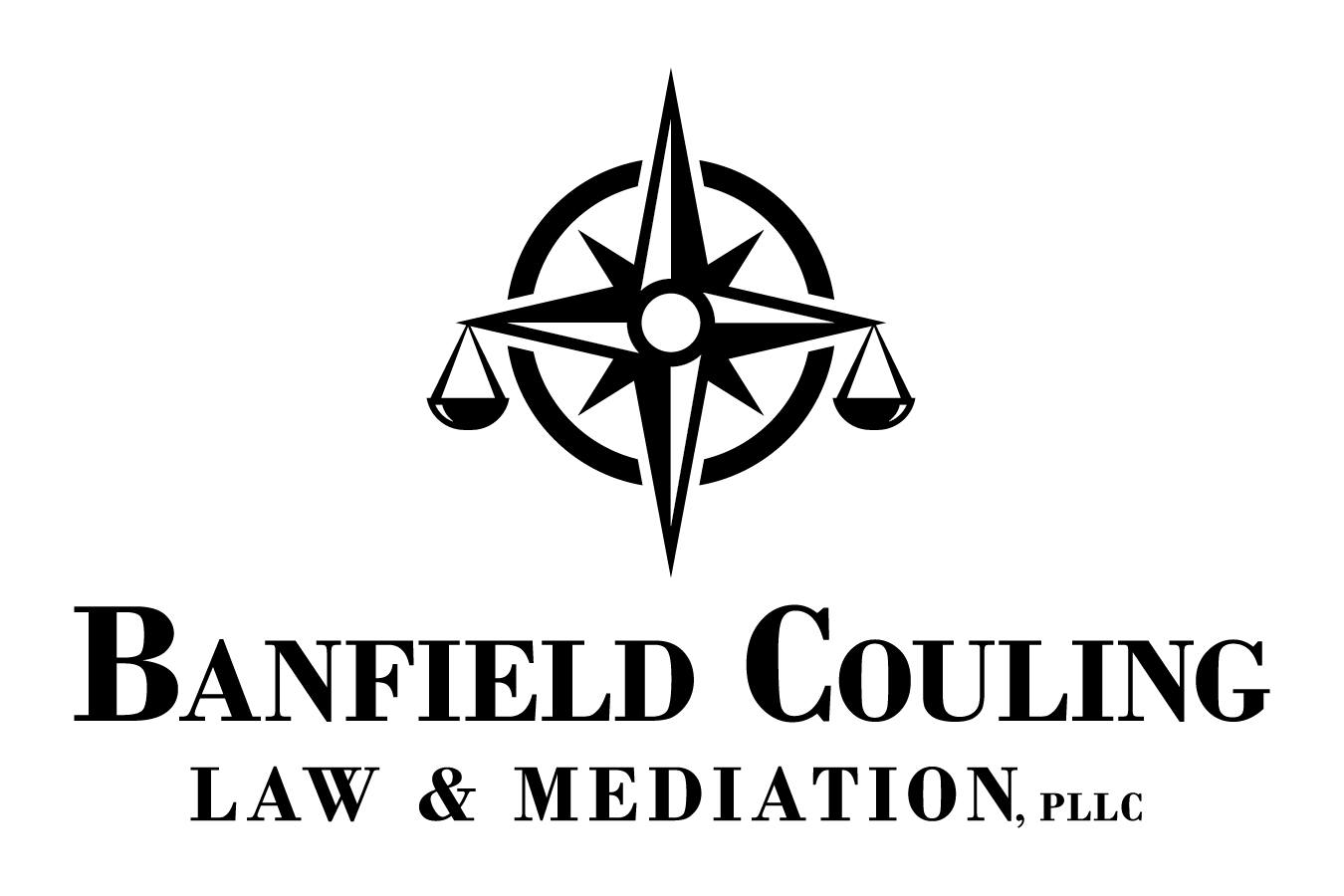What is a Facilitative Gathering Conference, formerly called Early Intervention Conference?
Facilitative Gathering Conference (FIGC) is a process in which a Facilitator assists parties to reach an agreement as to custody, parenting time, child support or status quo, usually pre-judgment, so a temporary order may be entered. The process, formerly known as the Early Intervention Conference, was created to help families find solutions outside of the court room.
The process is largely based on the Alternative Dispute Resolution Process. A FIGC conference can be requested in a pending court matter by an individual litigant; by joint petition of the parties; order of the court; or by referral by a Referee at a Settlement Conference. Cases involving child abuse and/or or domestic abuse may be exempt from the process. Those types of cases are exempt to protect the health and safety who may be endangered by the process. In cases where there is a history of domestic violence, the parties will be screened and precautions may be able to be put in place to allow the use of FIGC. The process is run by a Facilitator who is trained in Dispute Resolution.
While parties always have the right to have their matter heard by their Judge, the FIGC process was designed to help parties stay out of court. The parties come together, with counsel or without counsel, and attempt to work out the terms of a consent order. The Facilitator’s first step will be to try to reach common ground between the parties, which ultimately results in most parties reaching an agreement and a temporary order will be entered with the Court. If no agreement is reached, the Facilitator will make a recommendation to the Judge based on the information the parties provide at the conference. The process is not recorded, but the parties’ statements can be used in other proceedings.
Topics for discussion at the FIGC will include familial history, work schedules of the parties, best interests of the children, and other relevant issues such as substance abuse, mental health, domestic abuse, and child abuse. If no consent order is reached, the Facilitator will prepare a report and present a proposed Order to the Judge assigned to the case who will decide whether to approve the order or not. If the Judge approves the Order, the parties will receive a copy and will have 21 days to object to it or the order stands. The order remains in effect pending a hearing on the objections, unless the Orders states otherwise.
The upside to the FIGC process is the parties typically leave feeling heard and, more commonly than not, reach a consent order. The FIGC is typically handled in a conference room or closed court room, which historically reduces the environmental stressors for the parties because it is a process not open to the public. Each county has their own plan that discusses the protocol and procedures on how to commence a FIGC. Wherein the court process is typically held in a court room open to the public. Both the court and FIGC process are not confidential, but the environment of the FIGC is less adversarial, making a party feel more free to focus on the children rather than finger point at the opposing party or posturing to prove a point.
The process starts with the parties exchanging their financial information and pictures of their children and ends with discussion and analysis of the best interests of the children. Wherein with the Court, it starts with argument of counsel and the process to exchange information is controlled by the rules of evidence. Yes it is true, the best interest of the children will be decided, but under the scrutiny of rules and an adversarial process.
You should consult your individual counsel to determine whether the FIGC or court process will serve the needs of your family. In many counties you can commence the FIGC process by filing a form with the court (provided you have a pending case). In all legal matters, you should not begin the process without careful consideration and preparation.
PLEASE NOTE: This blog is not intended to constitute legal, financial and/or tax advice. We do not recommend making important decisions of the type addressed in this article without specific legal or tax advice by a licensed accountant or lawyer.

